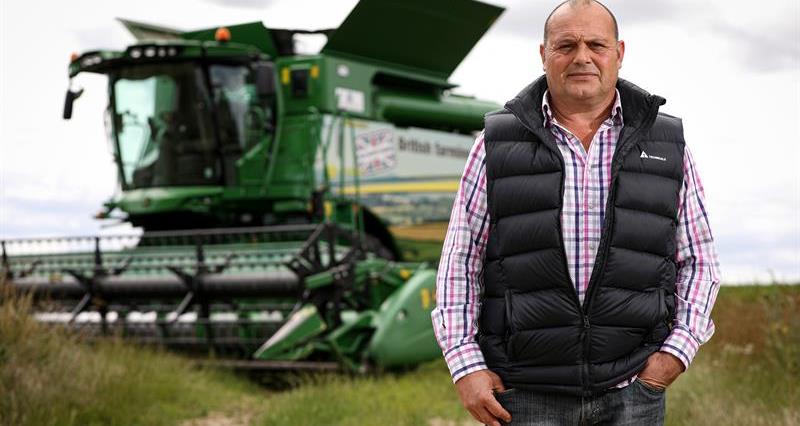It is well-established that the use of PPPs (Plant Protection Products) performs a vital role in supporting British farmers in feeding an increasingly expanding population.
However, the range of actives that we have at our disposal has reduced over time as products are withdrawn either through changes to scientific understanding or societal pressure.
The availability of solutions to control crop pests, diseases and weeds shapes the way we farm. So, as we see a new parliament get underway, the question of how this new government intends to approach PPPs is one we should all take a moment to reflect on.
Opportunities and challenges
A new government presents both opportunities and challenges; we must come together as a sector to ensure that we work with the government, research bodies and wider industry to ensure the continued authorisation/renewal of critical actives for crop production and the protection of plant health.
As a board, we will also be holding policy makers to account on key regulatory developments, such as any new NAP (National Action Plan), and Defra’s previous commitments to incorporate earned recognition into the Official Controls Register for pesticides.
The crops board are working to ensure continued access to PPPs to protect crops through timely, effective and appropriate application, to enable the sustainable production of environmentally friendly, food, fibre and energy.
“As a board, we’ll continue to work towards ensuring access to these vital tools.”
NFU Combinable Crops Board vice chair James Mills
But the trend has long been one of losing things quicker than they can be replaced with new tools and technologies.
This could get worse as, post-Brexit, similar costs together with a smaller market might make it commercially unviable for companies to bring their products to Great Britain.
Parallel imports and seed treatments
We are working to identify areas of concern for when any new NAP gets published, and if we see a new NAP we will work with the NFU’s plant health experts to evaluate its impact on legislation and the marketplace, and the anticipated implications for members.
The government’s ambition should be to develop sustainable plant health solutions that enable UK farmers and growers to produce crops that meet the needs of the public, the environment, and profitable and productive farming businesses.
In the same breath, when looking to our own regulatory framework, we must also look to ways to improve regulatory efficiency and UK farmer competitiveness by working with other regulators globally.
One task in this area is to ensure Defra continues to work on putting in place long-term solutions for parallel imports and import of treated seed beyond the current temporary period, as well as looking to the preventive measures for pests and diseases from imported goods through a science-led, risk-based approach.
Ensuring access to vital tools
This growing season has been one of the most challenging in living memory, with the perfect conditions for the spread of disease highlighting the vital importance of this work in maintaining access to a wide range of PPPs.
As a board, we’ll continue to work towards ensuring access to these vital tools as we move forward together in building long term resilience into to production of food, fibre and energy.




